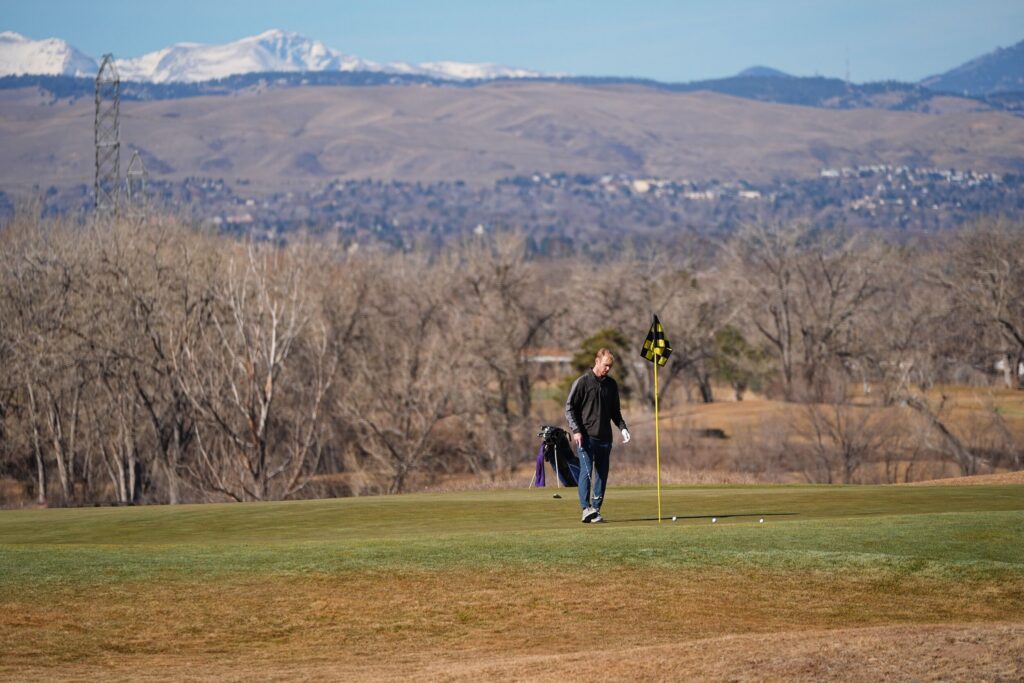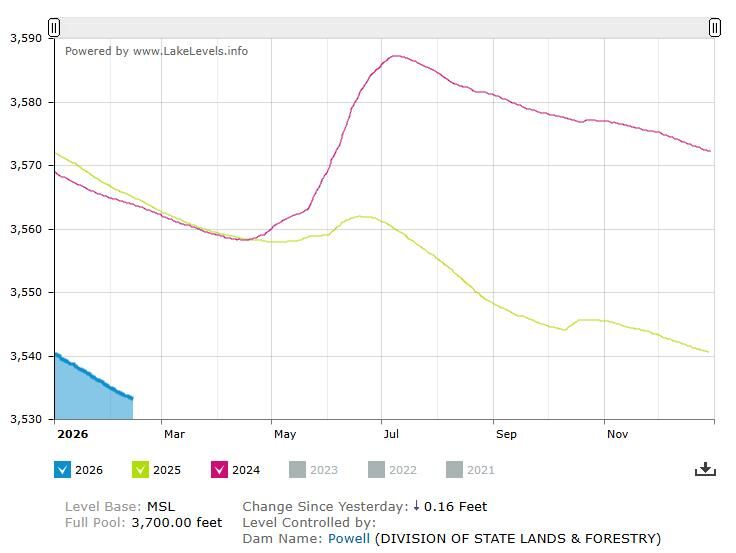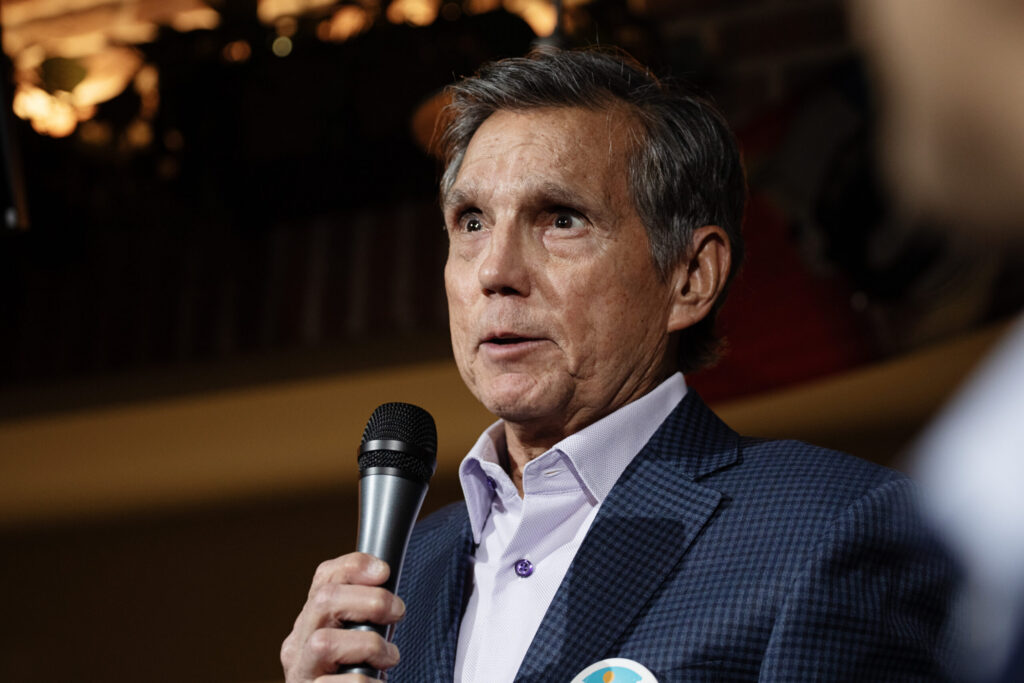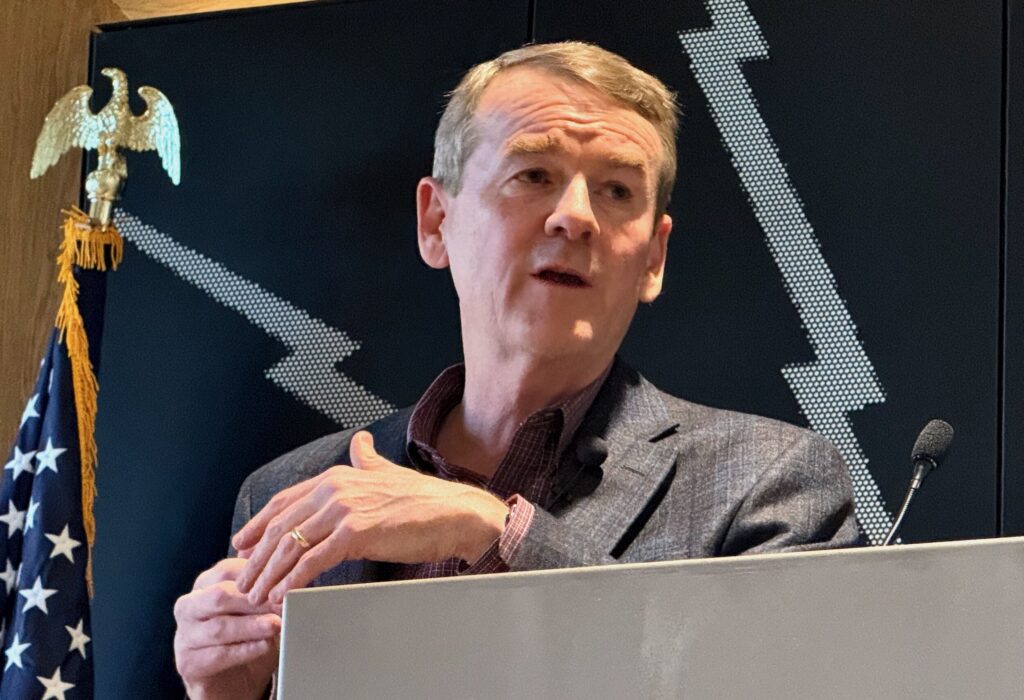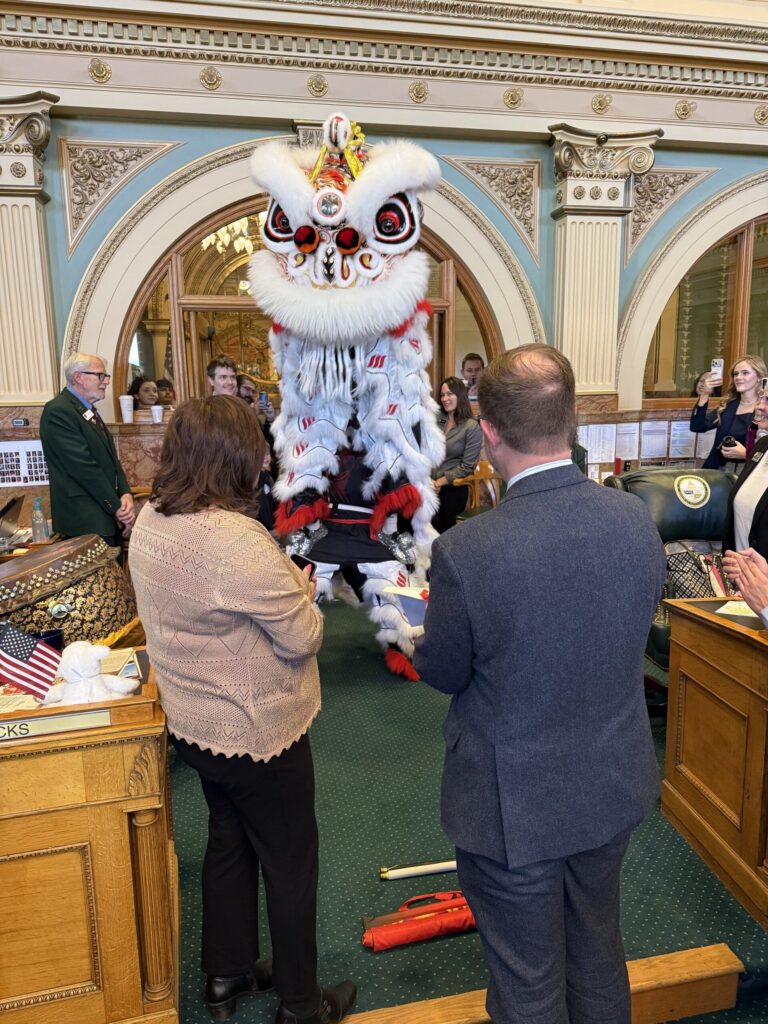Lawmakers agree to disagree, primary election bill ends with a whimper
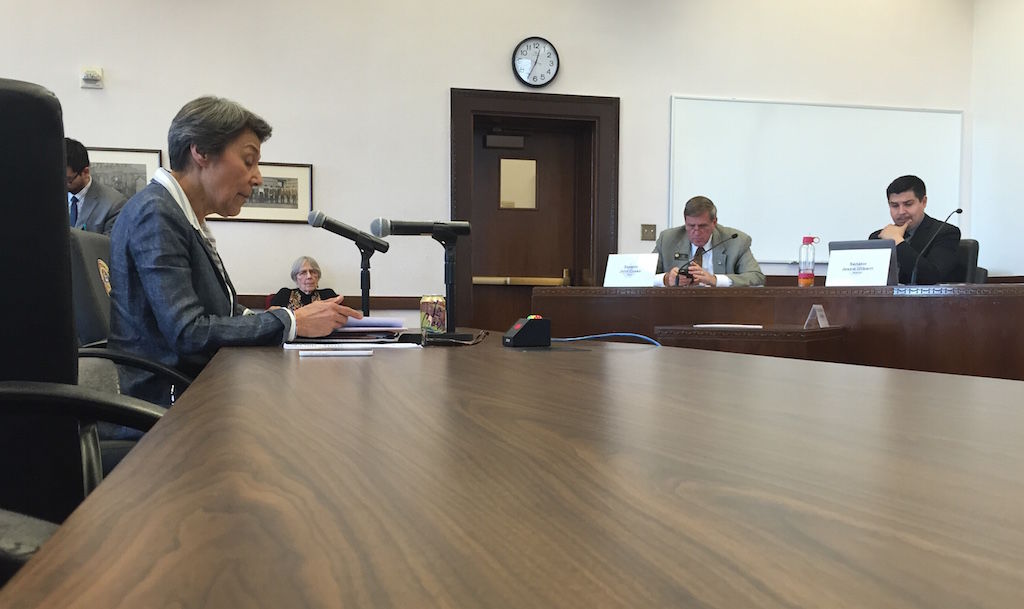
On Tuesday, the Senate state affairs committee killed House Bill 1454 and ended any hope that the Legislature would reinstate presidential primary elections in Colorado after wide public dissatisfaction with the state’s caucus system this year.
The bill died on a 3-2 party line vote. All of the Republican members of the committee voted against it after what looked like agreement fell apart that would have amended the bill to create a primary elections legislative study group instead of actual primary elections.
The House bill was the second primary elections proposal to die this last week of the legislative session. On Friday, Senate Bill 216, sponsored by Sen. Kevin Lundberg, R-Berthoud, and Minority Leader Lucia Guzman, D-Denver, was laid over indefinitely after failing to win support.
House Bill 1454, introduced just a week and half ago, had plowed through two committees and passed in the House as opposition mounted, mostly on the right. Lawmakers drew up the bill as a response to public outcry after overrun and chaotic March caucus meetings made national headlines. Thousands waited in lines for hours and many never made it into meetings to participate.
The bill, sponsored in the Senate by Guzman and in the House by Reps Dominick Moreno, D-Commerce City, and Tim Dore, R-Elizabeth, would have allowed all registered voters in Colorado to cast ballots in a presidential primary, beginning in 2020. Presidential primaries in Colorado were suspended in 2000 to save tax money. The House bill would have created a system where unaffiliated voters — who now outnumber either registered Democrats or Republicans in Colorado — would have been able to temporarily register with the party of their choice and vote that party’s primary ballot. Registration for those voters would have reverted to unaffiliated 30 days after the primary election. The bill left the caucus system in place for all state and local races. The delegate selection process to national party conventions would have also continued to be guided by national and state party rules.
Republicans voting against the bill on Tuesday lamented the lack of time they had to consider it and present it to constituents. They pointed out repeatedly that there should be no rush to pass the bill this year because the next presidential primary election was four years away.
“Last year, we introduced a bill on April 29 on the presidential primary election,” said Jerry Sonnenberg, R-Sterling. “If we felt so strongly about it, why would we wait till April 22nd this year? I frankly rarely see good policy come out of this gold dome that is introduced in the waning days of the legislative session. We have four years to get it right. Let’s make a commitment to get it right.”
For many in the room, it wasn’t clear how the vote would go.
Republicans on the committee suggested they had reached agreement Tuesday morning with Guzman. And activity in committee signaled that was the case. At one point, all of the Republican members of the committee, along with staffers and lobbyists, crammed into an elevator to ride down to Legislative Council offices in the basement to retrieve the study group amendment, which was reportedly still being touched up or polished.
In the committee room itself, as testimony eventually got underway, a Council member was sitting with laptop open drafting the fiscal note that would have paid for the study group being proposed in the amendment, which he didn’t know had already been rejected by Guzman in a hallway meeting.
In fact, there was never any agreement on the study group, sources close to the discussions told The Colorado Statesman. Guzman reportedly was open to considering the idea during the Tuesday morning meeting with Republicans, but there was no amendment to read at the time, no language to bring to her caucus members. By the afternoon, it was clear Democrats would not support any study group amendment.
“Coloradans don’t want a study. They want a flipping primary,” said one Democratic staffer.
Sonnenberg lamented what he characterized as a change of position on the part of Senate Democrats.
“Our conversation that we had out in the lobby is that (the sponsor) could no longer support the study and said it would be a partisan vote,” he said before voting against the bill. “I thought we could have a bipartisan thoughtful process to figure out what this looks like, since there’s time, rather than doing something that might be wrong. I’m not going to hijack your bill and run an amendment and turn it into something you don’t want. I was hoping for agreement. I think it’s unfortunate.”
“I too am disappointed,” said committee chairman Ray Scott, R-Grand Junction. “I’ve had conversations with both sides of the aisle, believing that we had support for a study to go forward… Since we have three more years, basically, four more years to get this right, I’m disappointed that leadership on the other side of the aisle decided not to have that conversation. “
Guzman said Democrats were also disappointed.
“Yes, earlier today we had a discussion about possible opportunities to come together to study this further. Now that was at a time when I was told this bill was going to die, like the other bill that I brought forward died. Since then, in meeting with my colleagues — they’re very distraught over the process that has taken place. From the beginning there was bipartisan support for a bill to bring about a presidential primary and bring all voters into the process. Today we heard from the secretary of state’s office, the state chairman of the Republican Party — and I know that the chairman of the Democratic state party also feels the same — the head of the clerks and recorders — all of whom support this bill and support moving forward.
Guzman said Democrats had lost confidence in the ability of Republican lawmakers to pass a primary elections bill.
“The fact is that the process along the line has been — there has been something getting in the way, getting in the way to cause the first bill not to come up and this bill to be killed,” she said. “But I understand that we do have time, several years, if we don’t do something this time around.”
House sponsor Moreno told The Statesman he was approached Tuesday about reworking his bill to create the study group and he said he was fine with the idea — “if people wanted to go that way,” he said.
In fact, he seemed unenthused.
“The main idea is pretty simple — to hold a presidential primary — and Republicans and Democrats in Colorado both favor making that change change.”
Moreno said he has been surprised by continuing talk at the Capitol about how lawmakers have years to figure out how to approach the primary elections question.
There has been urgency to pass a bill in part because, after the caucuses, groups led by the Denver Chamber of Commerce have moved to land a presidential primary election initiative on state ballots this November. The initiatives so far proposed would put in place open primaries and would likely mean voters would receive so-called “superballots” that contain both Republican and Democratic slates — ballots the Colorado secretary of state’s office says have typically resulted in relatively large numbers of spoiled ballots. Voters in the states where superballots are used tend to mis-mark them.
“I think the threat of the initiatives is very much still alive,” Moreno said. “We had meetings with the proponents of the initiatives last week and they signaled to us that they were going forward no matter what we passed in the Legislature. That’s why we pushed the (House) bill forward.”
The House bill, as it worked its way through the lower chamber, was amended so that it would supersede some of the initiative provisions, should the initiatives passed — provisions having to do with the way voters could change their party affiliations to vote in the primary, which has been the most controversial aspect of any primary elections proposal.
In Colorado, roughly 40 percent of registered voters are now unaffiliated, including a majority of voters under age 25.
“For me, it’s a certainty that one of the initiatives will pass,” Moreno said. “I’ve seen the polling. Democrats and Republicans in Colorado support the initiative language, and so do 80 percent of unaffiliated voters. This was our last opportunity to do something about it before November.”
Colorado Politics Must-Reads:


